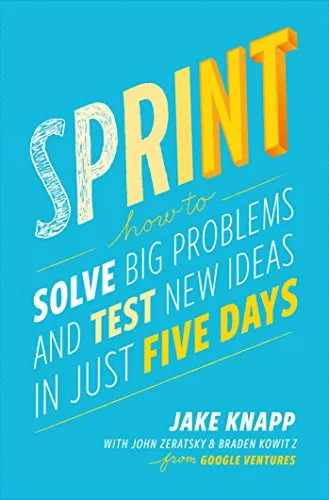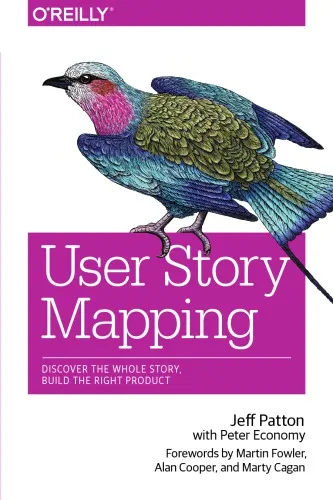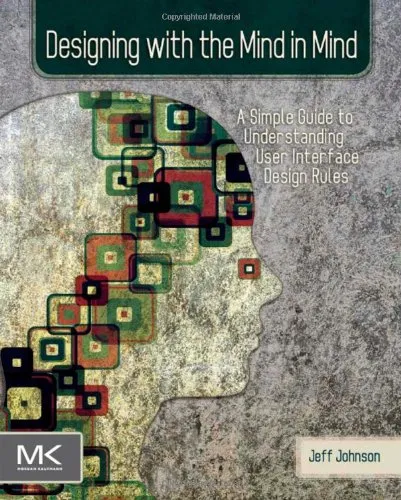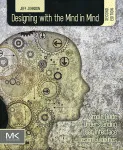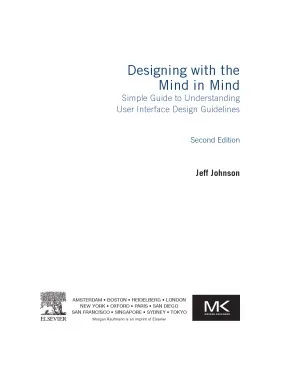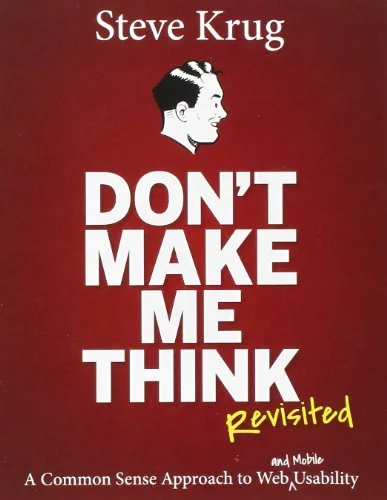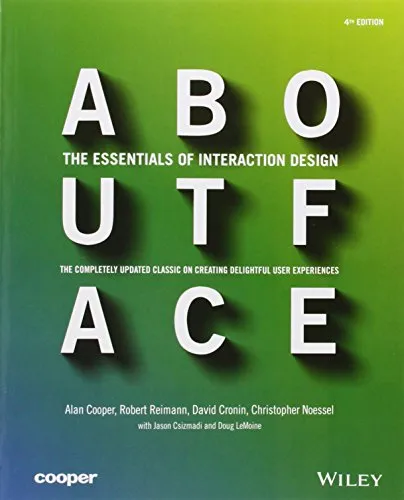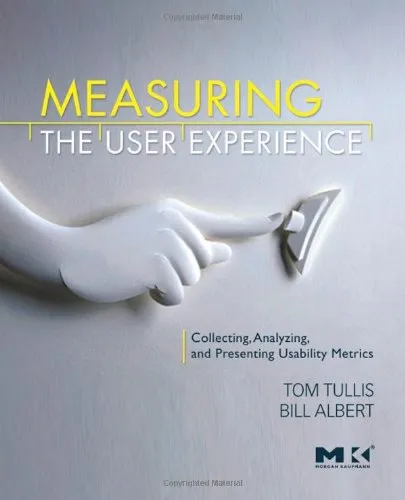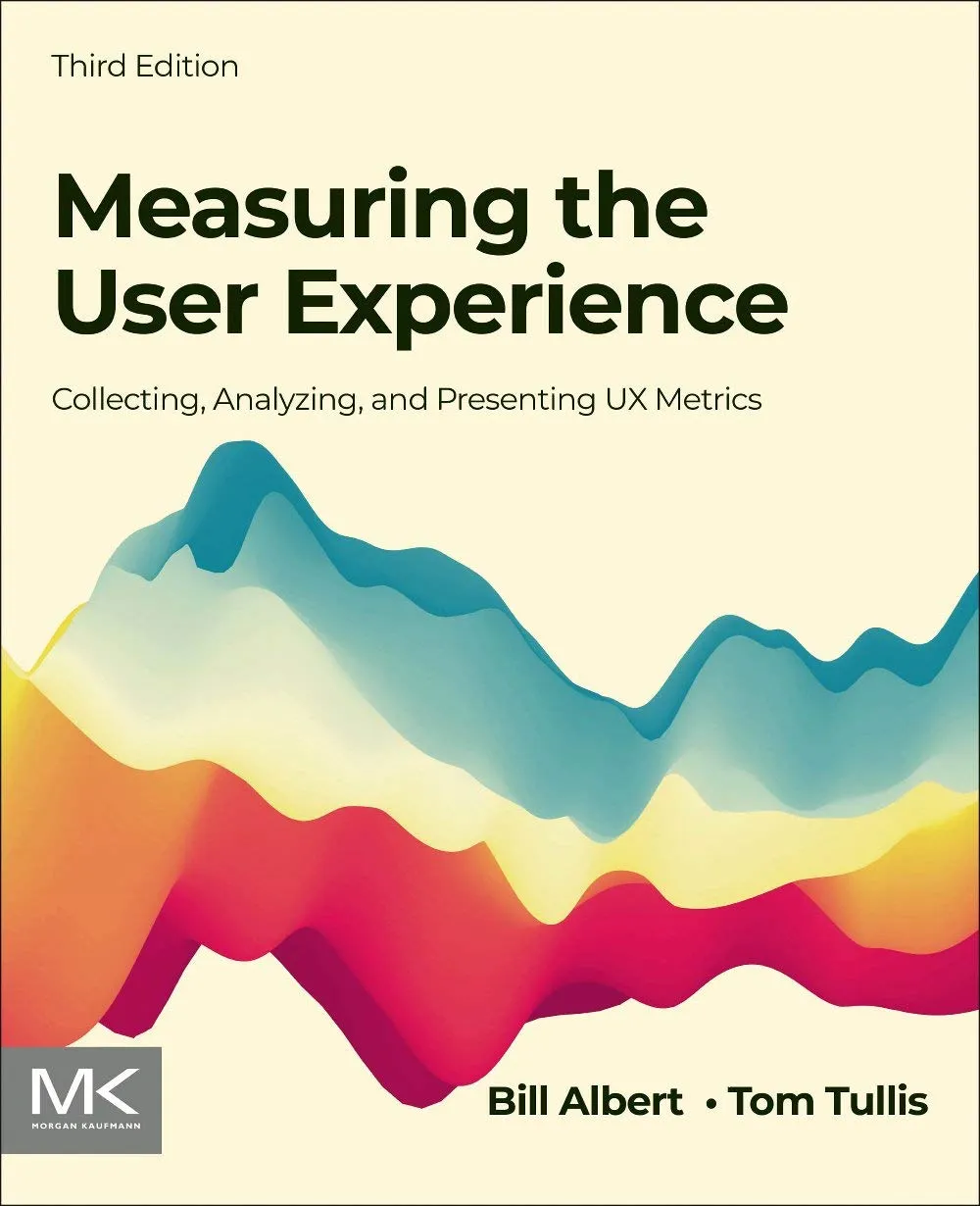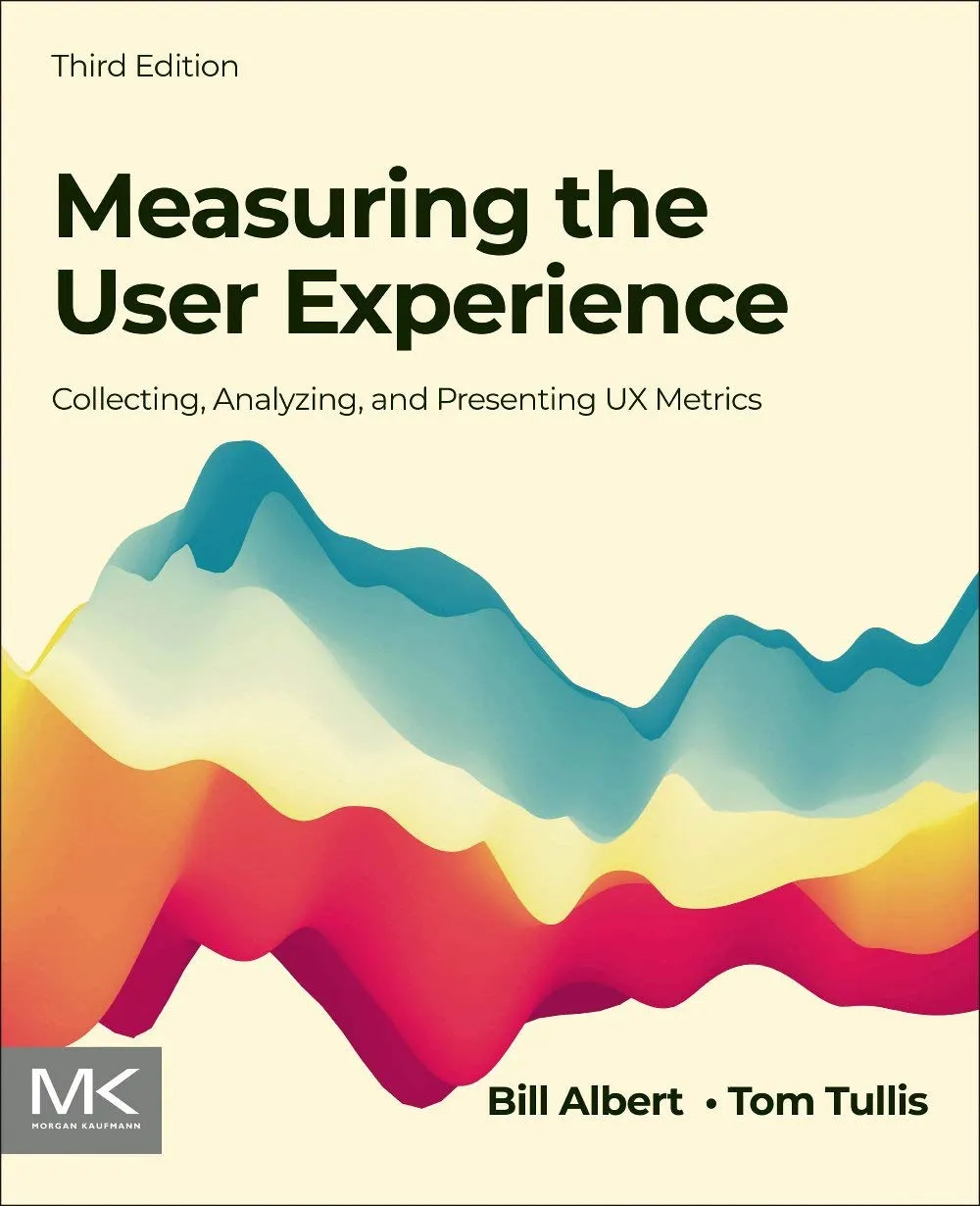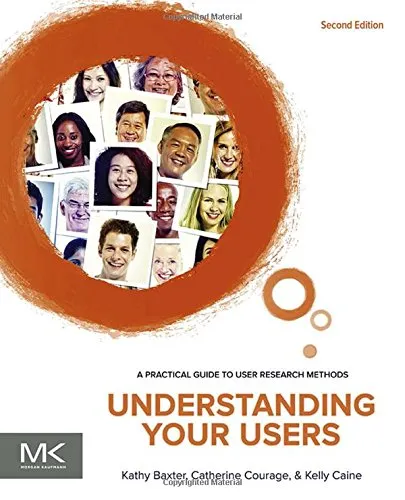Human-Centered Software Engineering - Integrating Usability in the Software Development Lifecycle
4.0
بر اساس نظر کاربران

شما میتونید سوالاتتون در باره کتاب رو از هوش مصنوعیش بعد از ورود بپرسید
هر دانلود یا پرسش از هوش مصنوعی 2 امتیاز لازم دارد، برای بدست آوردن امتیاز رایگان، به صفحه ی راهنمای امتیازات سر بزنید و یک سری کار ارزشمند انجام بدینکتاب های مرتبط:
مقدمهای بر کتاب
کتاب "Human-Centered Software Engineering - Integrating Usability in the Software Development Lifecycle" اثری جامع است که به بررسی روشهای بهبود قابلیت استفاده در چرخه توسعه نرمافزار میپردازد. در این کتاب، نویسندگان به تلفیق اصول مهندسی نرمافزار و معیارهای طراحی کاربر-محور پرداخته و اصولی برای طراحی بهینه ارائه میدهند.
خلاصهای از کتاب
این کتاب با بررسی جامع مباحثی همچون تحلیل نیازها و انتظارات کاربران، طراحی کاربر-محور و ارزیابی قابلیت استفاده، گامی موثر در جهت بهبود نرمافزارهای رایانهای برداشته است. در بخشهای مختلف آن، نویسندگان به تبیین فرآیندها، تکنیکها و ابزارهای کاربردی برای ایجاد تجربهای بهتر برای کاربران پرداختهاند.
در این کتاب، مراحلی چون جمعآوری دادههای کاربر، تطبیق طراحی با انتظارات آنها، و تکنیکهای ارزیابی تصویری عمیقی از چگونگی پیادهسازی موفق ارائه میدهد. این مراحل باعث میشود تا تیمهای توسعه بهتر به تقویت ابعاد انسانی پروژهها توجه نمایند و در نهایت، نرمافزاری خلق کنند که بر توجه به نیازهای کاربران تمرکز دارد.
نکات کلیدی
- ادغام اصول Human-Centered Design در فرآیندهای توسعه نرمافزار
- توجه به اهمیت ارزیابی مستمر قابلیت استفاده و بهینهسازی تجربه کاربر
- استفاده از User Experience و User Interaction به عنوان معیارهای اصلی موفقیت پروژه
- تکنیکهای عملی برای طراحی و ارزیابی قابلیت استفاده در محصولات دیجیتال
نقلقولهای مشهور از کتاب
"در طراحی نرمافزار، همواره به یاد داشته باشید که کاربران چیزی بیش از مجموعهای از نیازها و انتظارات هستند. آنها افرادی با تجربههای منحصر به فرد هستند که باید به دقت به آنها توجه شود."
"محور قرار دادن انسان در فرایند توسعه نرمافزار، نه تنها به افزایش سودمندی و اثربخشی نرمافزار کمک میکند، بلکه باعث ایجاد ارتباط عمیقتر با کاربران میشود."
چرا این کتاب اهمیت دارد
در دورانی که فناوری دیجیتال به سرعت در حال توسعه است، نرمافزارهایی که قابلیت استفاده بالایی دارند، توانایی جذب و حفظ تعداد بیشتری از کاربران را دارند. این کتاب با رویکردی نوآورانه اصول Human-Centered Design را با فرایندهای توسعه نرمافزار پیوند داده تا راهنمایی جامع و موثر برای متخصصان و تیمهای توسعه ارائه کند.
با مطالعه این کتاب، خوانندگان یاد میگیرند که چگونه با بهکارگیری متدهای صحیح و تکنیکهای موثر، نرمافزارهایی طراحی کنند که نه تنها خواستهها و نیازهای کاربران را برآورده کند، بلکه تجربهای فراتر از انتظار به آنها ارائه دهد. این کتاب نه تنها برای متخصصان مهندسی نرمافزار، بلکه برای هرکسی که در پی ایجاد تغییر مثبت در دنیای دیجیتال است، ضروری است.
Introduction
"Human-Centered Software Engineering - Integrating Usability in the Software Development Lifecycle" by Ahmed Seffah, Jan Gulliksen, and Michel C. Desmarais is an essential read for anyone in the field of software development. This volume endeavors to bridge the crucial gap between usability and the engineering disciplines. The book provides a comprehensive look into how usability - a key element of modern software development - can be genuinely integrated within the development lifecycle. With the increasing importance of user experience, the authors have created a guide that emphasizes user-centered design practices, offering a pragmatic approach that developers and project managers can adopt. This introduction sets the stage for what readers can expect from an in-depth exploration throughout the chapters of this engaging book.
Detailed Summary of the Book
Over the years, as computers and software systems have evolved, so too have user expectations. It is increasingly recognized that usability should not be an afterthought but a fundamental component throughout software development. This book critically analyzes and presents methods to integrate usability more effectively within the development process.
The authors offer theoretical frameworks and practical methods for implementing usability principles into software engineering. The book delves into a multi-disciplinary approach that harmoniously combines software engineering methodologies with human-computer interaction principles. Each chapter unpacks specific methodologies and real-world applications, providing a roadmap for enhancing usability without compromising on robust software engineering practices.
Through a series of case studies, best practices, and empirical research, readers gain insights into real-world applications and potential challenges. The book further discusses the roles and responsibilities of various stakeholders involved in software projects, ensuring a collaborative approach to human-centered software engineering.
Key Takeaways
- Understanding the integration of usability into the software development lifecycle from the initial phases of requirements gathering to deployment.
- Strategies for fostering collaboration between usability experts and software developers, emphasizing the importance of a shared vision.
- Insight into iterative design practices that facilitate continuous usability improvements throughout the software lifecycle.
- Recognition of the value of user research and testing in informing design decisions and improving user satisfaction.
Famous Quotes from the Book
"Usability should not be perceived as a separate aspect of software but rather as a key ingredient as critical as performance or security."
"By placing users at the heart of the software engineering lifecycle, we move towards creating systems that don't just work but delight."
Why This Book Matters
In a world where technology is at the core of our daily lives, the importance of usability is undeniable. This book provides readers with the tools to improve the user experience of software systems profoundly. By focusing on human-centered principles, it encourages developers and teams to think critically about the end-user from the outset, ultimately leading to software that is not only functional but also user-friendly.
The cross-disciplinary approach provided by the authors is of special significance in a field that is constantly evolving. By acknowledging that usability should permeate every phase of development, the authors have crafted a guide that remains relevant in the continuously advancing technological landscape. This book is invaluable not only to software engineers but also to UX designers, project managers, and anyone involved in the creation of software solutions.
دانلود رایگان مستقیم
شما میتونید سوالاتتون در باره کتاب رو از هوش مصنوعیش بعد از ورود بپرسید
دسترسی به کتابها از طریق پلتفرمهای قانونی و کتابخانههای عمومی نه تنها از حقوق نویسندگان و ناشران حمایت میکند، بلکه به پایداری فرهنگ کتابخوانی نیز کمک میرساند. پیش از دانلود، لحظهای به بررسی این گزینهها فکر کنید.
این کتاب رو در پلتفرم های دیگه ببینید
WorldCat به شما کمک میکنه تا کتاب ها رو در کتابخانه های سراسر دنیا پیدا کنید
امتیازها، نظرات تخصصی و صحبت ها درباره کتاب را در Goodreads ببینید
کتابهای کمیاب یا دست دوم را در AbeBooks پیدا کنید و بخرید
1582
بازدید4.0
امتیاز0
نظر98%
رضایتنظرات:
4.0
بر اساس 0 نظر کاربران
Questions & Answers
Ask questions about this book or help others by answering
No questions yet. Be the first to ask!



